Social media SEO, let’s talk about it.
The lines between social media and search engine optimization (SEO) are increasingly blurring. Businesses and content creators alike are realizing that a strong online presence goes beyond just having a well-optimized website.
This is where the concept of social media SEO (or SEO Social Media) comes into play. It’s a strategy that combines the power of social media with traditional SEO techniques to boost your visibility online.
In this article, we’ll discuss what social media SEO is, explore its impact on SEO, and share effective strategies to leverage it to your advantage.
What is Social Media SEO?
Social media SEO refers to the use of social media practices to improve your website’s search engine rankings and online visibility. It involves creating shareable content, building a strong follower base, and engaging with your audience on social media platforms. The idea is to create signals that search engines can use to rank your website higher in search results.
At OptinMonster, when we first started integrating social media into our SEO strategy, we noticed a significant uptick in the website’s traffic. By simply sharing blog posts on social networks like Twitter and LinkedIn and engaging with followers, we saw our content reach a wider audience, boosting the site’s rankings in search results.
How Social Media Impacts SEO
The correlation between social signals and ranking position is extremely high. While social media may not directly influence search engine rankings, its indirect effects are undeniable. Here are a few ways social media impacts SEO:
Increased Online Visibility and Traffic
Social media platforms are powerful channels that can significantly increase your content’s reach and drive more traffic to your website. The more your content is shared across social media, the higher the chances of it being seen by a broader audience, including potential customers and influencers in your industry.
Improved Brand Recognition and Authority
A strong social media presence helps build brand recognition. When users frequently see your brand on their social media feeds, they’re more likely to recognize and trust your website in search results. This perceived authority can positively influence your website’s click-through rates (CTRs) from search results.
Enhanced Content Lifespan
Content shared on social media continues to live on and be discovered long after it’s published. This extended lifespan can lead to ongoing traffic to your site, as opposed to the relatively short-lived traffic spikes typically seen from new content.
Now that you’ve seen the importance of social media in SEO, let’s look at how to incorporate social media into SEO strategy.
Social Media SEO Strategies
If you want SEO benefits from your social media marketing, you’ll need to optimize your presence for maximum visibility. Here are some strategies on how to do it.
1. Optimize Your Social Media Profiles
First, optimize your social profiles. If you’re using multiple social media sites, have a consistent image across all of them for better brand recognition. Make sure your bio is relevant to your business while still being interesting enough to attract attention.
Include a relevant link. This’ll likely be to your website, but could also be to your email newsletter signup page, a marketing campaign via a MonsterLink™, or your lead magnet.
2. Post Updates Regularly
Second, make sure your social media account is active. That means posting regularly. A regular posting schedule varies according to the network. On Twitter, it’s common to post multiple times daily; but that would be seen as excessive on LinkedIn.
Related ContentHow to Make Money on Twitter: 9 Twitter Monetization Tips
3. Improve Your Social Updates
If you want your social media updates to spread like wildfire, it’s crucial to optimize them for share-ability.
That means…
- crafting irresistibly viral headlines
- using eye-catching images
- explicitly asking for the share
Research shows this significantly increases the chances that people will respond positively.
Use Buzzsumo to find out what’s worked in the past by searching for your content keyword. You’ll see a list of the most shared content overall, and you can sort by platform to see what works on your preferred social media channel.
One question people often ask is: do hashtags help with SEO? The answer is yes because hashtags are essentially keywords. They help you to categorize your content and help social media users find it.
Be careful with hashtags, though; hashtag use varies from platform to platform. On Facebook, you hardly use them at all, while on Instagram, they are everywhere!
4. Optimize Your Website Content for Social Sharing
You can also do some optimization on your website to encourage visitors to share content.
Focus on creating high-quality, engaging content that your audience is likely to share. This could be informative blog posts, compelling infographics, or engaging videos.
Make sure you optimize content keywords, headlines, copy, and your call to action.
You’ll want to look after images, too, as these are proven to boost social media engagement.
And it’s wise to add social sharing buttons to all your content – the easier it is to share, the more likely people will do it.
You can boost your visibility even more by including videos in your content mix. YouTube is the world’s second-biggest search engine, trusted by many to deliver reliable information.
Videos also show up in search results. So, even creating promotional content for your brand and sharing it on social media can lead to links and coveted top 3 search positions.
5. Add a Social Media Feed to Your Site
Another way to boost your SEO is by embedding a social media feed on your website. You can easily do this with a plugin like Smash Balloon.
Smash Balloon offers the best social media feed plugins on the market. With Smash Balloon, you can easily embed a Facebook, Instagram, Twitter, or YouTube feed anywhere on your WordPress site.
What makes Smash Balloon stand out among other social media plugins is that it’s fully optimized for SEO. Unlike other plugins, Smash Balloon doesn’t use iframes. Instead, they embed the content directly onto your web page.
This means that Google search can read your social media feed content and treat it like it’s a blog post, which can improve your SEO rankings.
Plus, you can keep your website automatically updated with fresh, relevant content to encourage people to stay on your website longer, another factor that can give you a boost in rankings.
6. Engage and Amplify
Finally, know that social media and SEO isn’t a set it and forget it strategy. The best way to ensure you get the maximum SEO benefits from your social media presence is to be present to engage with your content and amplify its success.
Some ways to do that include:
- Earning links by mentioning and connecting with influencers in your content, and in the related social media posts, as shown in the LinkedIn update above. You can use Klear to find influencers to cite.
- Paying attention to local marketing, for example by sharing local-related content and finding local influencers.
- Being responsive to reviews, comments, and shares. Your responses will help social media algorithms recognize that the content is active, which improves its potential reach.
- Take part in conversations on your particular platform. Twitter chats can help raise your profile and attract more eyeballs to your content.
- Keep your content coming. Social media is a fast-moving platform, and updates soon disappear from view. Running a drip campaign with a social media tool like Missinglettr can help keep your content visible and shareable, which is great for SEO.
7. Use Keywords Strategically
Just like traditional SEO, keywords play a crucial role in social media SEO. Use relevant keywords in your posts, hashtags, and even in your profile information to increase your visibility in both social media searches and search engines.
8. Build Social Media Backlinks
While backlinks from social media are typically nofollow (meaning they don’t directly influence SEO), they can still drive traffic to your site and increase your content’s reach. Encourage sharing and linking to your content across social media platforms to enhance its visibility.
Social media SEO is a powerful strategy that can significantly enhance your online visibility and search engine rankings. By understanding its impact and implementing effective strategies, you can leverage social media to complement your SEO efforts.
Remember, the key to success in social media SEO lies in creating quality content, engaging with your audience, and maintaining a consistent online presence. With time and effort, you’ll see a noticeable improvement in your website’s traffic and search rankings.
Incorporating social media into your SEO strategy is not just about gaining immediate results; it’s about building a long-term online presence that resonates with your audience and search engines alike. Start implementing these strategies today, and watch your online visibility soar.
Social Media FAQ
1) Do social media links help SEO?
Social media links themselves typically do not directly influence traditional SEO rankings as most social media platforms use nofollow links, which tell search engines not to pass on any SEO value to the linked site. However, they can indirectly benefit SEO by increasing content visibility, driving traffic, and enhancing brand recognition, which can lead to more organic links and mentions that do impact SEO.
2) Does social media affect SEO?
Yes, social media can affect SEO, but indirectly. While social media signals (likes, shares, engagement) are not direct ranking factors for search engines, the increased visibility and traffic that social media can provide to your content can lead to more backlinks, a higher site engagement rate, and increased brand searches, all of which are important factors in SEO.
3) Does social media help SEO?
Social media helps SEO by enhancing content distribution, increasing brand awareness, and driving traffic to your website. It provides additional channels for your content to be discovered and shared, which can lead to increased organic traffic and potentially more backlinks to your content, indirectly boosting your SEO efforts.
4) Does social media impact SEO?
Social media impacts SEO by playing a significant role in content promotion and audience engagement. It helps in getting your content in front of a wider audience, which can increase the likelihood of earning backlinks and generating buzz around your brand or website. These factors can indirectly influence your search engine rankings.
5) Which social media is best for SEO?
The best social media platform for SEO is the one where your target audience is most active and engaged. However, platforms like LinkedIn, Twitter, and Pinterest are often cited as beneficial for SEO purposes because they have high domain authority and can help in content distribution and visibility. Ultimately, the effectiveness of a social media platform for SEO depends on your specific audience and content marketing strategy.
6) How do social media and SEO work together?
Social media and SEO work together by complementing each other’s strengths. Social media boosts content visibility and engagement, which can lead to increased brand recognition and website traffic. This can indirectly influence SEO by generating more backlinks and improving behavioral signals like dwell time and bounce rate. Together, they can enhance your overall online presence and search engine rankings.
7) How do I optimize social media content for SEO?
To optimize social media content for SEO, follow these tips:
- Use relevant keywords in your posts and hashtags to improve visibility in social searches and potentially in search engine result pages (SERPS).
- Create high-quality, shareable content that encourages engagement and backlinks.
- Optimize your social media profiles with relevant keywords, a clear description, and a link to your website.
- Encourage sharing of your content to increase its reach and potential for backlinks.
- Engage with your audience to build a community around your brand, which can lead to more mentions and links.
- Use social platforms to promote your blog posts and other valuable content on your website to drive traffic.
More on Social Media and SEO
- 8 Digital Marketing Best Practices
- 21 Best Keyword Research Tools to Boost Your Organic Traffic
- The Ultimate Beginner’s Guide to Content Marketing
- The Ultimate Guide to SEO Link Building: Expert Techniques & Tools
- 17 Best Social Media Management Tools
- Social Media Strategy to Increase Sales
- SEO Best Practices: Simple Routines for Ultimate Success



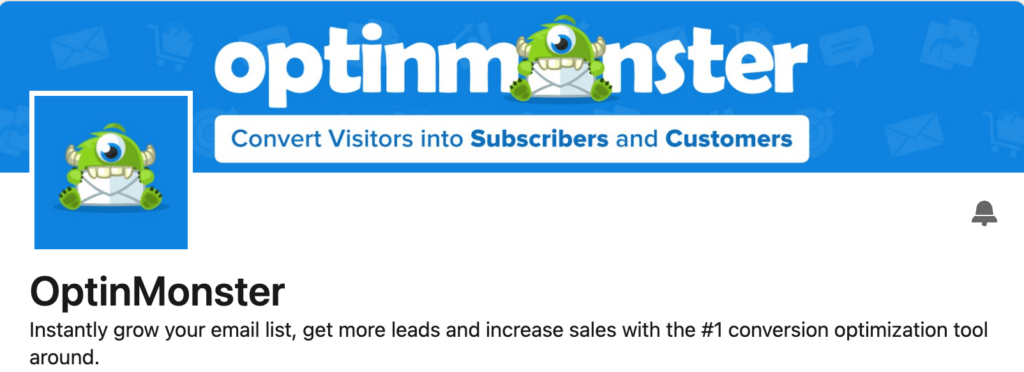

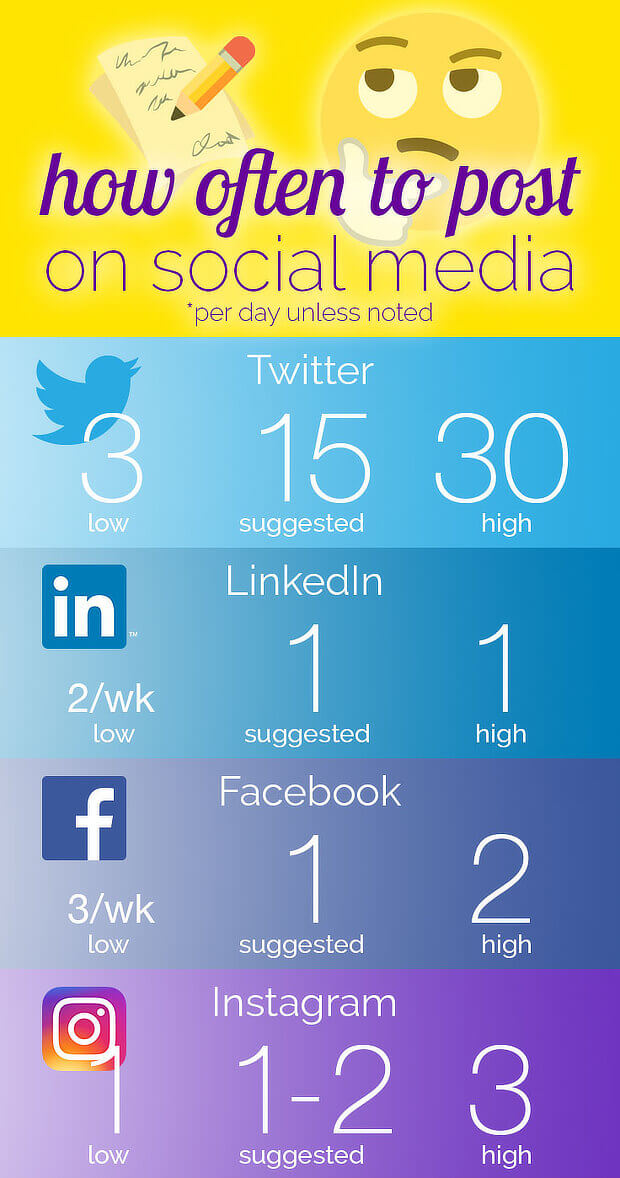
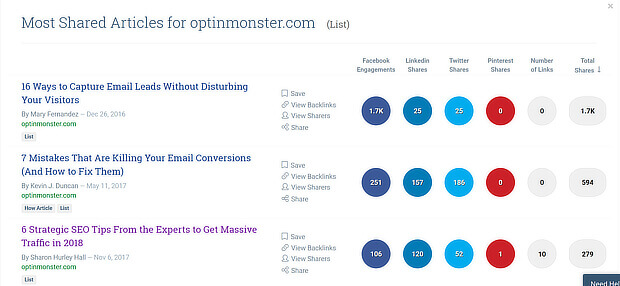
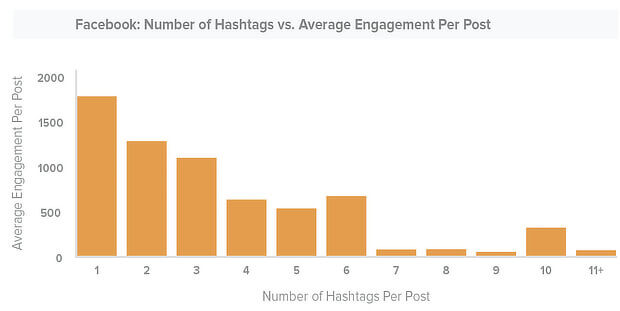
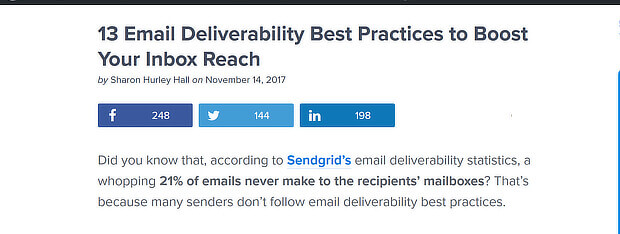
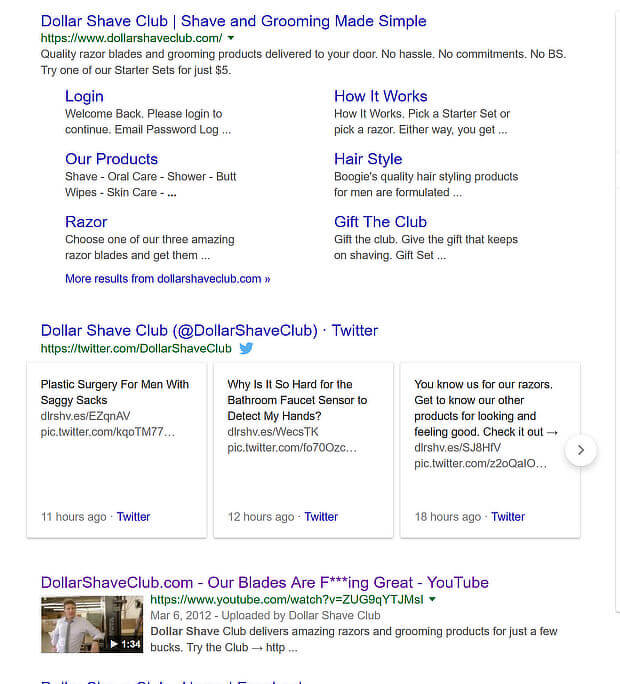
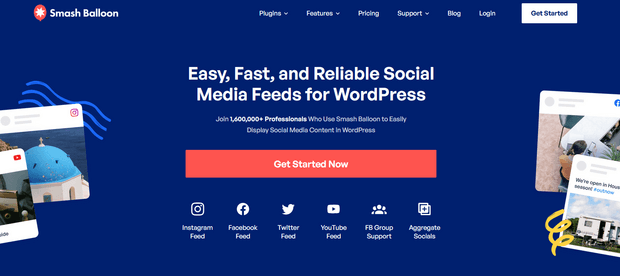
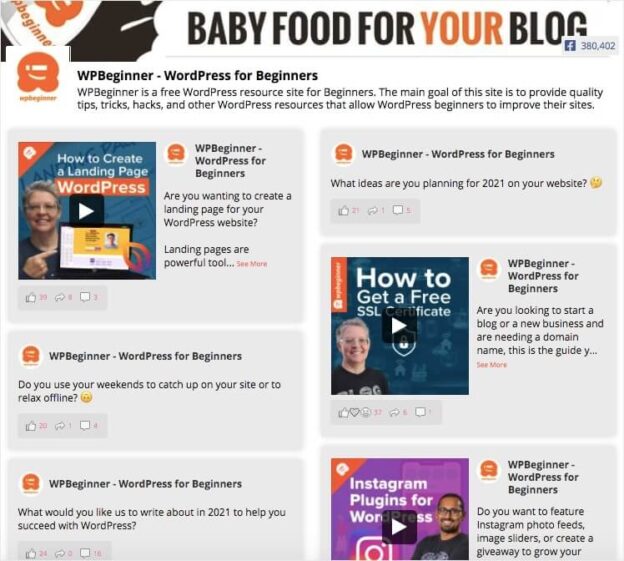
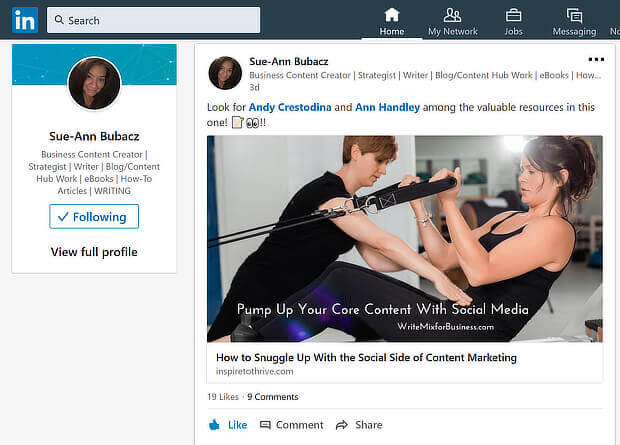




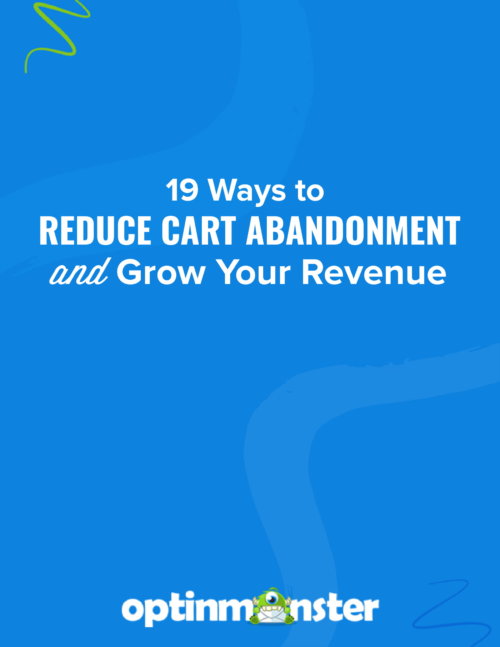



Add a Comment